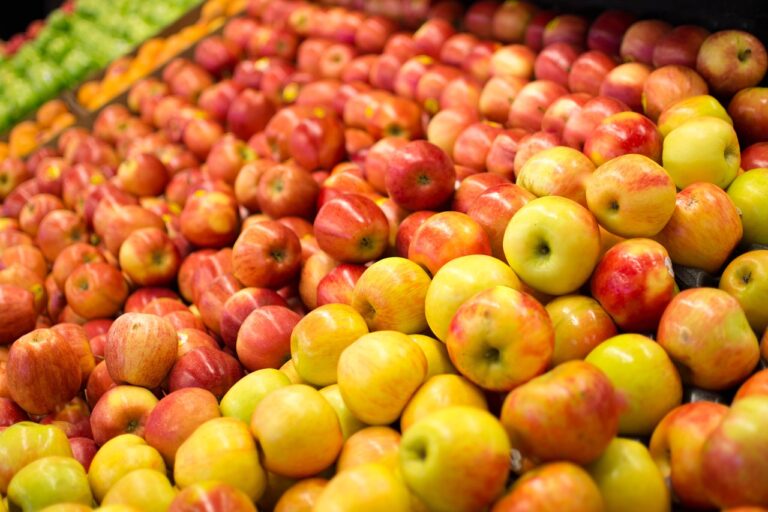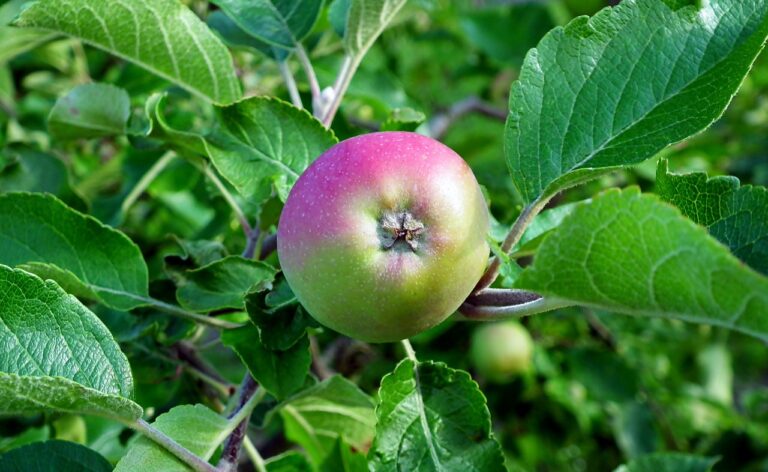Investigating the Health Effects of Artificial Food Preservatives: Betbook250, Anna 247 login, Yolo247 login app
betbook250, anna 247 login, yolo247 login app: Artificial food preservatives have become a ubiquitous part of the modern food industry, allowing for longer shelf life and increased convenience. However, concerns have been raised about the potential health effects of these chemical additives. In this article, we will delve into the world of artificial food preservatives and investigate whether they are truly as harmful as some claim.
Understanding Artificial Food Preservatives
Artificial food preservatives are substances added to food products to prolong their shelf life and prevent spoilage. These additives can inhibit the growth of microbes such as bacteria, yeasts, and molds, which can cause food to spoil and pose health risks.
Common artificial food preservatives include:
1. Sodium nitrite
2. Sodium benzoate
3. BHA (Butylated hydroxyanisole)
4. BHT (Butylated hydroxytoluene)
5. Propylparaben
These preservatives are found in a wide range of processed foods, including packaged snacks, canned goods, and ready-to-eat meals. While they serve an important function in preventing food spoilage, some studies have raised concerns about their potential impact on human health.
Health Effects of Artificial Food Preservatives
1. Allergies and Sensitivities: Some artificial food preservatives have been linked to allergic reactions and sensitivities in certain individuals. For example, sulfites, commonly used in dried fruits and wines, have been associated with asthma attacks and allergic reactions in sensitive individuals.
2. Cancer Risk: Some studies have suggested that certain artificial food preservatives, such as sodium nitrite and BHA, may increase the risk of cancer. Sodium nitrite, commonly used in processed meats, can form harmful compounds called nitrosamines when exposed to high heat, which have been linked to cancer development.
3. Hormonal Disruption: Some artificial food preservatives, such as propylparaben, have been shown to disrupt hormonal balance in the body. This can have wide-ranging effects on reproductive health, metabolism, and overall well-being.
4. Digestive Issues: Artificial food preservatives can also have a negative impact on digestive health. For example, sodium benzoate has been linked to gastrointestinal issues such as bloating, gas, and abdominal pain in some individuals.
5. Neurological Effects: Some artificial food preservatives, such as BHT, have been associated with neurological issues such as headaches, dizziness, and cognitive impairment. These additives have been shown to cross the blood-brain barrier and can potentially affect brain function.
6. Environmental Impact: In addition to potential health effects on humans, artificial food preservatives can also have a negative impact on the environment. These chemicals can leach into soil and water sources, contaminating ecosystems and potentially harming wildlife.
Are Artificial Food Preservatives Safe?
While the health effects of artificial food preservatives are a cause for concern, it is important to note that regulatory bodies such as the FDA and EFSA have deemed these additives safe for consumption in the amounts typically found in food products. However, some experts argue that the long-term effects of chronic exposure to these chemicals are not fully understood and advocate for more stringent regulation.
Ultimately, the decision to consume foods with artificial preservatives is a personal one. Some individuals may choose to avoid these additives altogether, opting for whole, unprocessed foods instead. Others may feel comfortable consuming these products in moderation, taking into account their individual health concerns and risk factors.
FAQs
Q: Are there natural alternatives to artificial food preservatives?
A: Yes, there are natural alternatives to artificial food preservatives, such as citrus extracts, rosemary extract, and vitamin E (tocopherol). These natural preservatives can help extend the shelf life of food products without the potential health risks associated with artificial additives.
Q: How can I identify artificial food preservatives in products?
A: Artificial food preservatives are typically listed on ingredient labels under their specific names (e.g., sodium nitrite, BHA). Reading ingredient labels carefully can help you identify products that contain these additives and make informed choices about your food consumption.
Q: Are there any studies linking artificial food preservatives to specific health conditions?
A: While some studies have suggested a link between artificial food preservatives and certain health conditions, the research is ongoing and not definitive. More studies are needed to fully understand the potential impact of these additives on human health.
In conclusion, artificial food preservatives play a crucial role in the food industry, allowing for longer shelf life and increased convenience. While concerns have been raised about their potential health effects, regulatory bodies have deemed these additives safe for consumption in moderation. As with any food ingredient, it is essential to be mindful of what you are putting into your body and make informed choices that align with your individual health goals and preferences.







